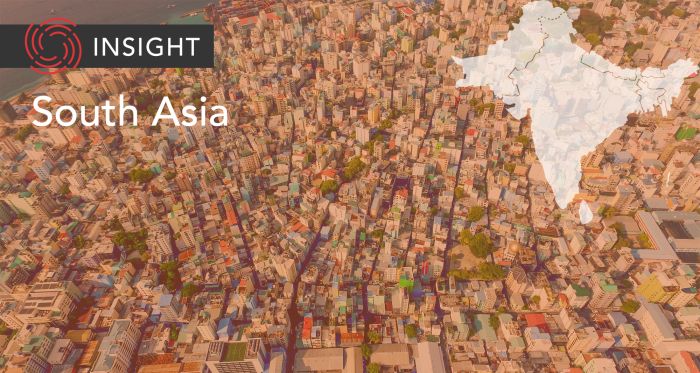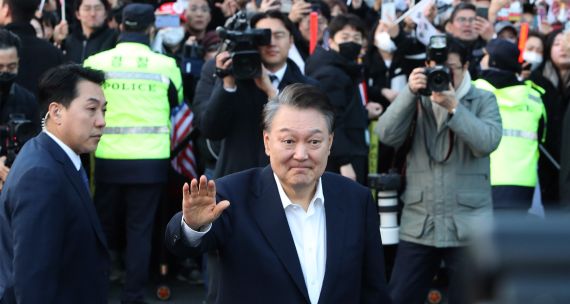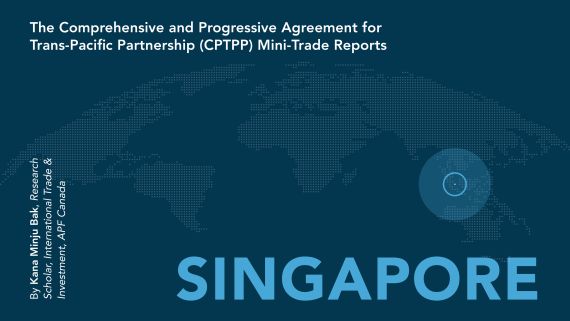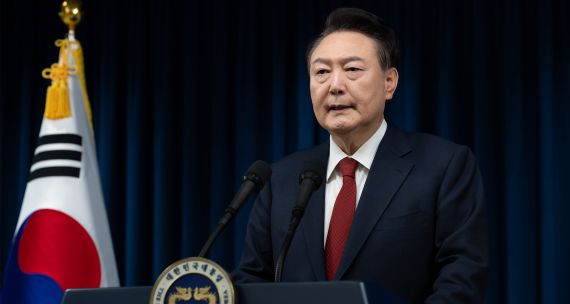The Takeaway
When Mohamed Muizzu takes office on November 17 as the Maldives’s next president, he will be expected to improve the country’s infrastructure, tame its debt, and balance security and economic relations with India and China, among other issues. Muizzu, the former mayor of the Maldives’s capital city of Malé, has pledged to make the country more transparent and tilt away from New Delhi and towards Beijing. But without meaningful policy changes from the top, the fragile democracy risks regressing into its old authoritarian ways.
In Brief
- Maldives’s presidential election was held in two rounds on September 9 and 30. Mohamed Muizzu, the leader of the Progressive Party of Maldives (PPM), secured victory with 54 per cent of the vote in a second-round run-off against the incumbent president, Ibrahim Mohamed Solih.
- Muizzu unexpectedly emerged as the frontrunner in the initial round of voting on September 9, claiming 46 per cent of the vote, while Solih, hindered by low voter turnout and internal divisions within his Maldivian Democratic Party (MDP), secured 39 per cent of the vote.
- Most international media outlets condensed the elections down to a ‘pro-India’ Solih versus a ‘pro-China’ Muizzu. Muizzu accused Solih, who assumed the presidency in 2018, of allowing unchecked Indian influence in the Maldives. Solih contended that India's military presence in the country was solely for constructing a dockyard under a bilateral agreement, with no violation of the Maldives's sovereignty.
- Muizzu pledged to remove Indian troops from the Maldives if elected and to rebalance the country's trade relations, which he argued were heavily skewed in India's favour.
- Maldivian foreign policy will likely evolve because of this election, with the country moving away from India. Domestically, Muizzu's victory represents a critical test in upholding democracy after his promise to prioritize the nation over his own self-interest.
Implications
The election result may challenge the country’s nascent democracy. The Maldives is tainted by three decades of authoritarian rule that formally ended in 2008 with the country's first democratic election. PPM's return to power could lead to the release of former president Abdulla Yameen, who serves as a mentor to Muizzu. Yameen, ousted in 2018 after aligning the country with China and exhibiting increasing autocratic tendencies, is currently serving an 11-year prison sentence for corruption and money laundering. Yameen’s crackdown on dissent, imprisonment of opposition leaders, and persecution of journalists have left visible impacts on Maldivian politics. Muizzu, however, has pledged to break from his mentor’s example, and restore money lost by the state through corruption by establishing more transparent financial practices, dismissing corrupt government officials, and launching an independent judiciary.
The country’s most pressing concern remains the influences of India and China on the Maldives's future. Small island nations often depend on political alignments and integration with bigger economies to flourish. The Maldives, home to approximately half a million people, holds strategic significance as it is situated along vital shipping routes in the Indian Ocean. Between 2020-22, both Beijing and New Delhi funded various infrastructure projects in the Maldives — including the recent Malé Connectivity Project, funded by India — to counter each other’s influence. By 2022, the Maldives's debt, much of it owed to China, stood at about US$6.5 billion, representing 30 per cent of its gross national income.
The Maldives is important for both India and China due to its geopolitically strategic location, comprising most of the world trade channels, thereby affecting maritime security in the Indian Ocean Region (IOR). Muizzu has pursued a similar position to Yameen’s “India Out,” which aims to dilute the Indian military’s presence in the archipelagic country. Muizzu affirmed, however, that his administration will not obstruct projects that benefit the Maldives, but he has raised concerns regarding the continuity of the country’s defence and security alliance with India.
What’s Next
1. A withering democracy
Since 2008, successive Maldivian governments have not upheld democratic norms. The country has witnessed political repression, human rights violations, and a crackdown on opposition voices. For example, in 2016, government authorities raided the offices of local journalists and human rights NGOs after they aired a documentary on corruption allegations against the Yameen government. In the absence of a collaborative, multi-party effort to protect the country’s constitution, preserve the separation of powers, and uphold democratic principles, the Maldives’s evolving democracy remains susceptible to retrogression.
2. The India-China factor
Muizzu may aim to navigate the complex India-China relationship by giving priority to the India connection in matters of foreign policy and security while fostering closer economic ties with China. This strategy aligns with the approach of several nations in the IOR. However, this path poses considerable challenges and risks for a smaller nation, as it requires managing conflicting pressures. Delhi, in turn, must be ready to engage with the Maldives on terms that respect its unique circumstances. With the growing significance of island states, their alignments with major powers will increasingly influence domestic politics. An important archipelago in the IOR, it is yet to be seen how Muizzu will leverage Maldives’s strategic geographical position.
• Produced by CAST’s South Asia team: Prerana Das (Analyst); Suyesha Dutta (Analyst); and Deeplina Banerjee (Analyst). Edited by: Ted Fraser. Design by: Chloe Fenemore.




